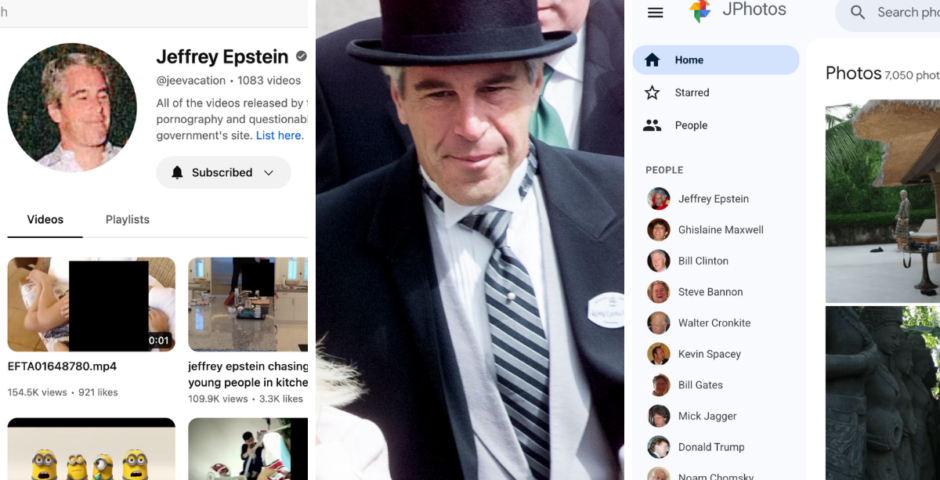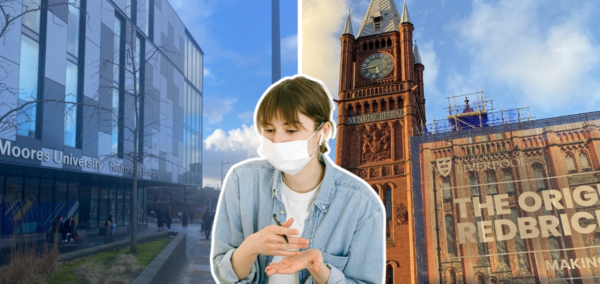
What Birmingham students need to know about ChatGPT
Find out how you can make the most of ChatGPT without plagiarising.
ChatGPT has dominated global headlines for its innovative development in the field of artificial intelligence. Its success has changed the game for how society works, learns and uses technology. However, as the world desperately tries to catch up with this innovation, negative consequences have begun to arise. This begs the question, is it too good to be true? Let’s dive into how educational institutions are responding and how University of Birmingham students may be caught out.
The possibilities for using ChatGPT are astonishingly endless. Users can ask it almost anything and it can generate a fully formulated answer using natural human language. For example, you can ask it to write codes, stories, poems and emails in various languages, including Spanish, French and Chinese. It can share ideas with examples, make product recommendations, and explain complex phenomena. Moreover, individuals have asked it to create recipes and shopping lists, organise travel plans, seek relationship advice, write tailored CVs or write jokes.
Students have been part of the larger cohort to explore and utilise its capabilities. It is not the first form of AI to be used in higher education, as many will be familiar with Grammarly and Turnitin. However, ChatGPT is vastly different to previous technologies as it brings a new range of opportunities.
Therefore, it may not come as a shock that some students have capitalised on this and used it to write academic essays. It was quickly discovered that ChatGPT doesn’t provide references for its responses, resulting in students being involved in plagiarism cases for the essays that they submitted from the AI tool. The new wave of AI-generated university essays has forced universities to respond and adapt the way that they check work.
For example, the notorious plagiarism checker, Turnitin, is now able to detect ChatGPT-generated essays. This means that students can be picked up for plagiarism if they directly use its answers. Fearing that students will continue to use AI for essay writing, several Russell Group Universities have banned the use of ChatGPT, including Oxford, Cambridge, Bristol, Edinburgh and Manchester.
On the other hand, some universities are embracing change. For example, UCL is trying to guide students on the use of ChatGPT and other AI tools. By educating them on the value of the technology, they will be able to utilise it within plagiarism guidelines. This allows students to use it like a search engine. Whilst
There are various other ways in which students can benefit from ChatGPT. Firstly, it is a great tool to help you brainstorm ideas for coursework, projects or research. Because this is a super easy task to start the process of working, it will also help prevent procrastination.
Furthermore, it can be asked to explain challenging concepts within your subjects. By helping you to understand what you are talking about, you will be able to discuss it more effectively in an assignment. Additionally, it can proofread the work that you have written, which is super helpful in the final stages. It is important to fact-check any information that you decide to use from it, to ensure that you are working within plagiarism guidelines.
Articles recommended by this writer
•University of Birmingham students are the third most targeted by top employers
•These Birmingham Uni flatmate horror stories will make you wish you still lived at home
•Joe Lycett to Ozzy Osbourne: Here are the celebrities who went to school in Birmingham
Featured image via ChatGPT

















